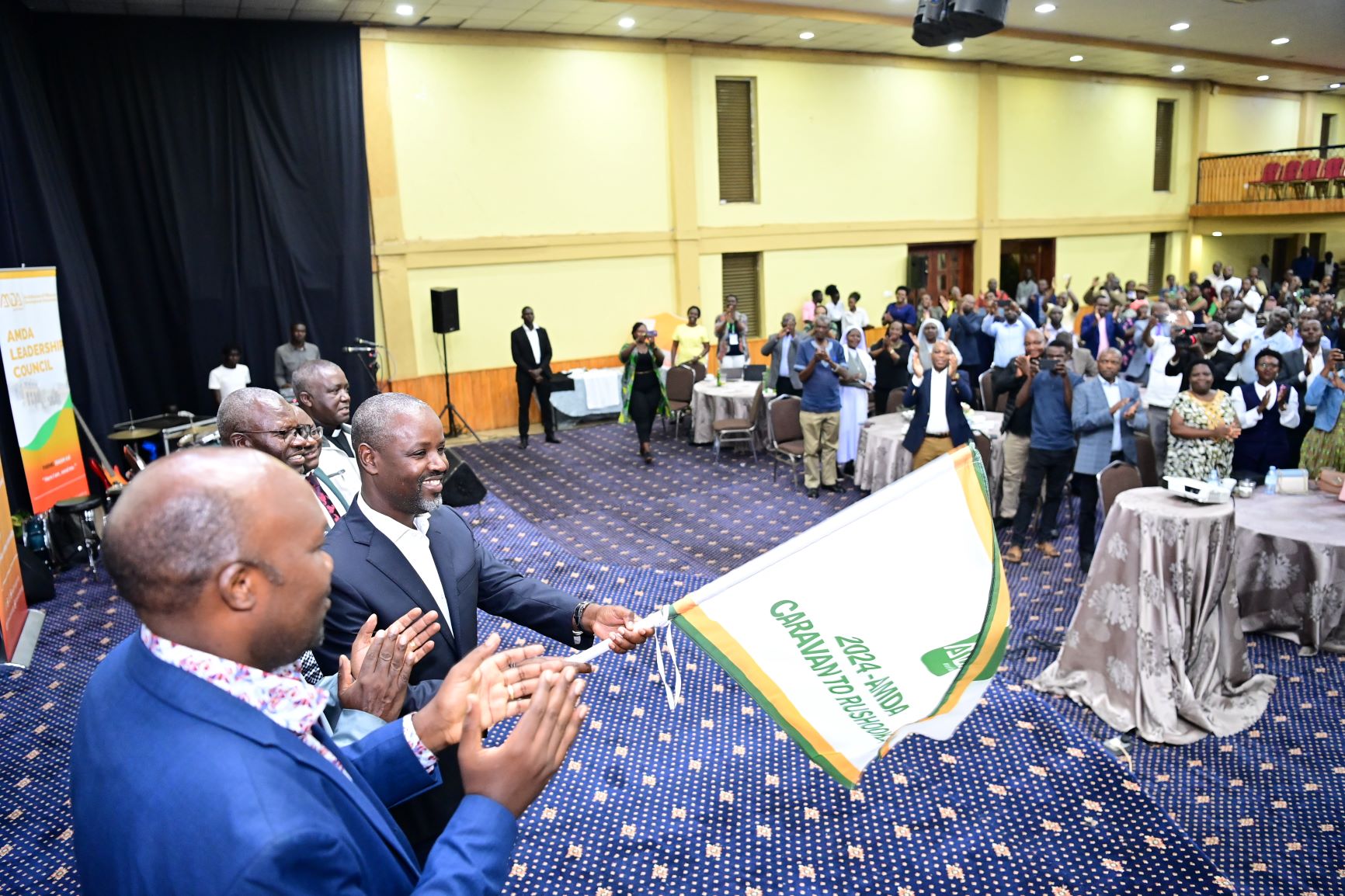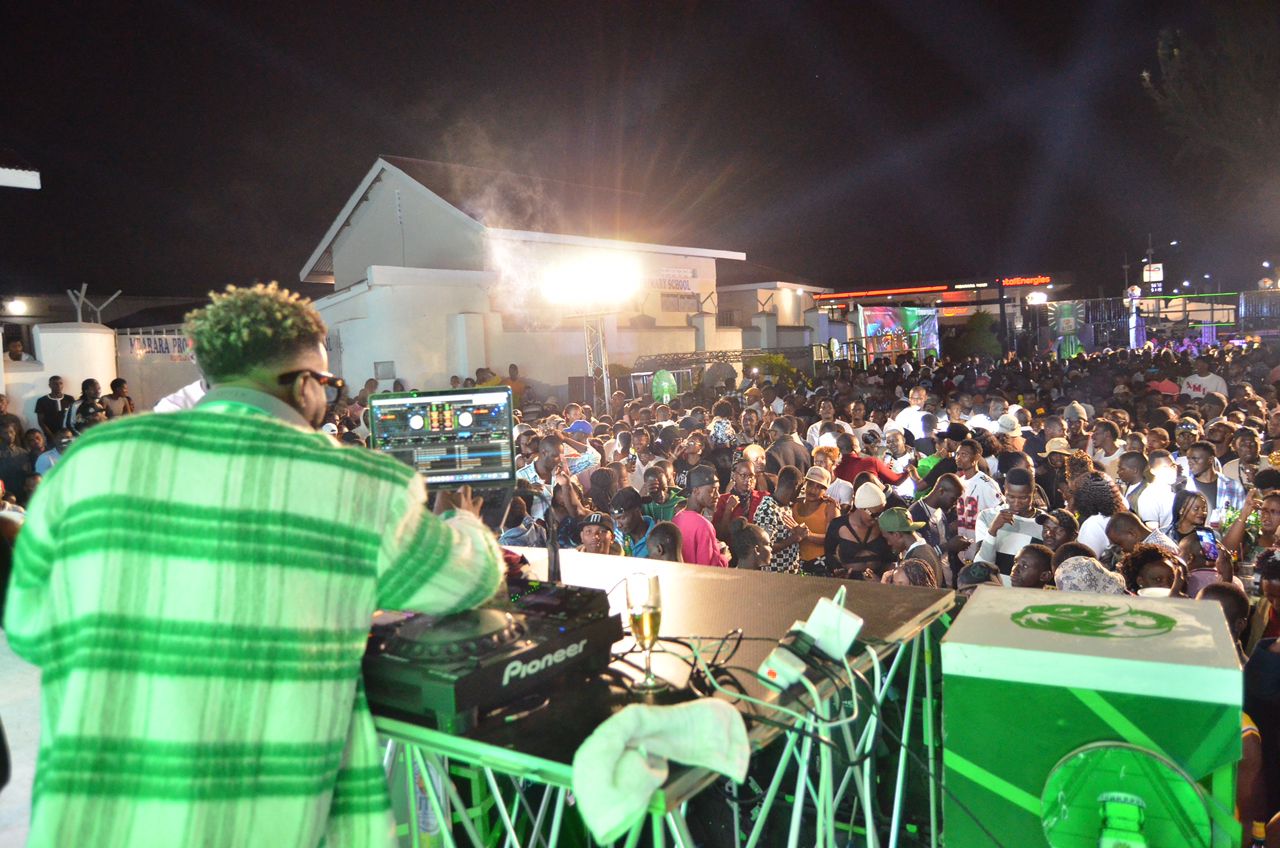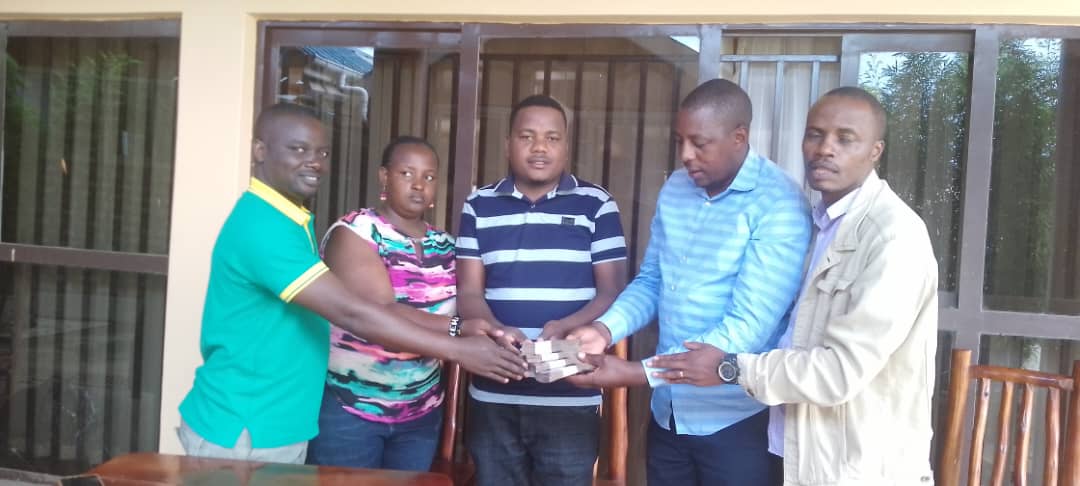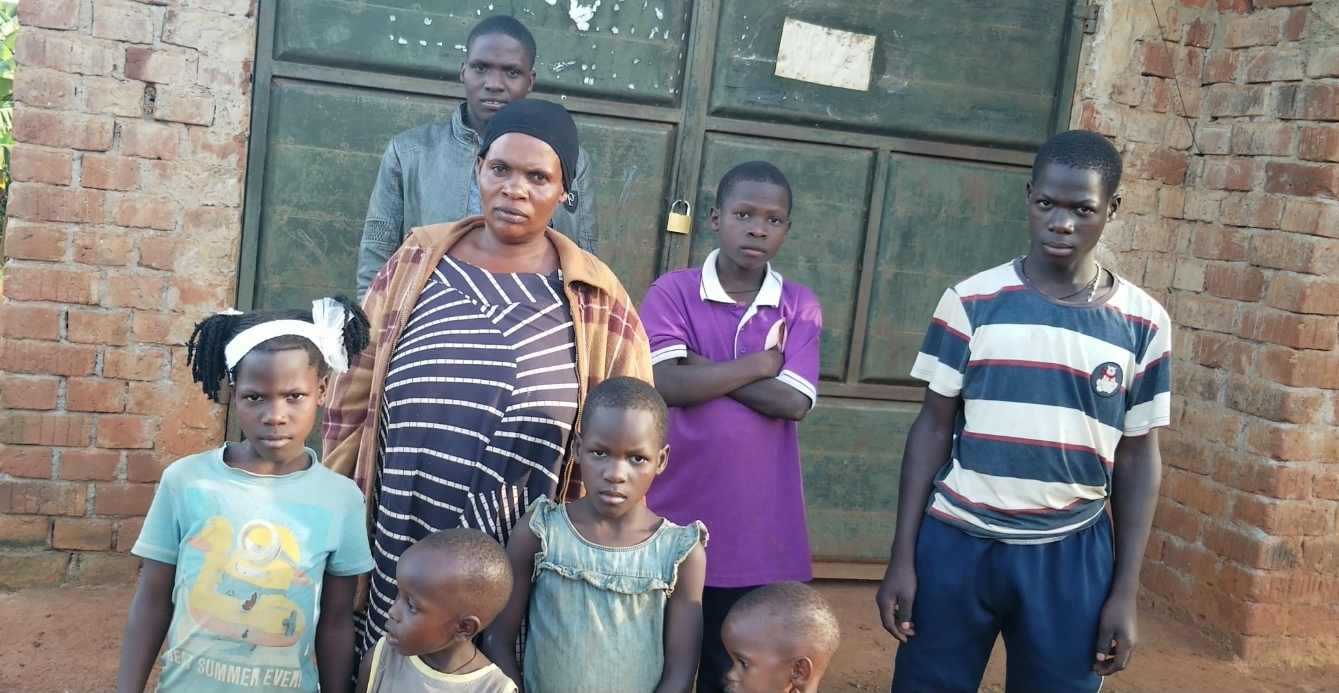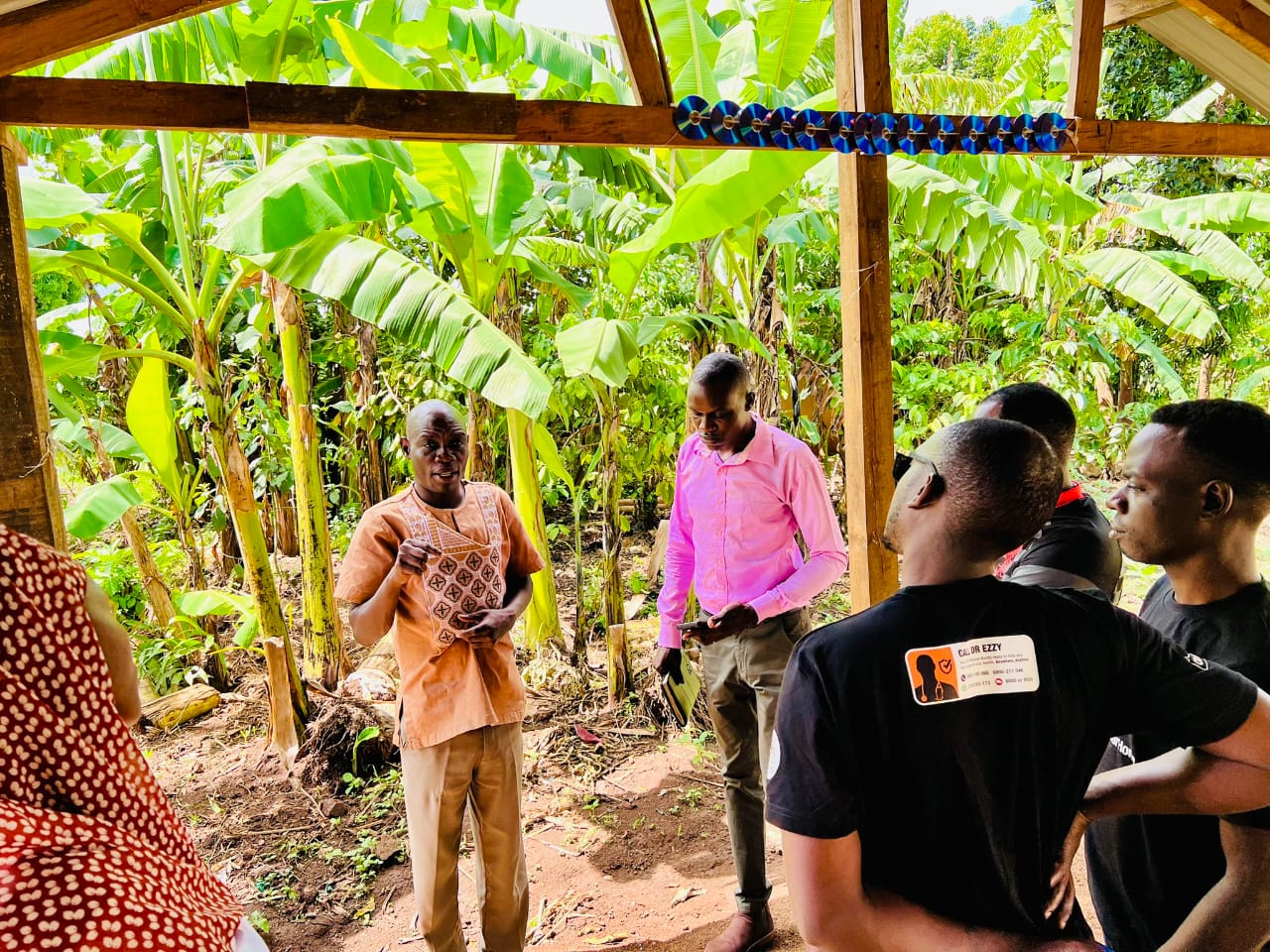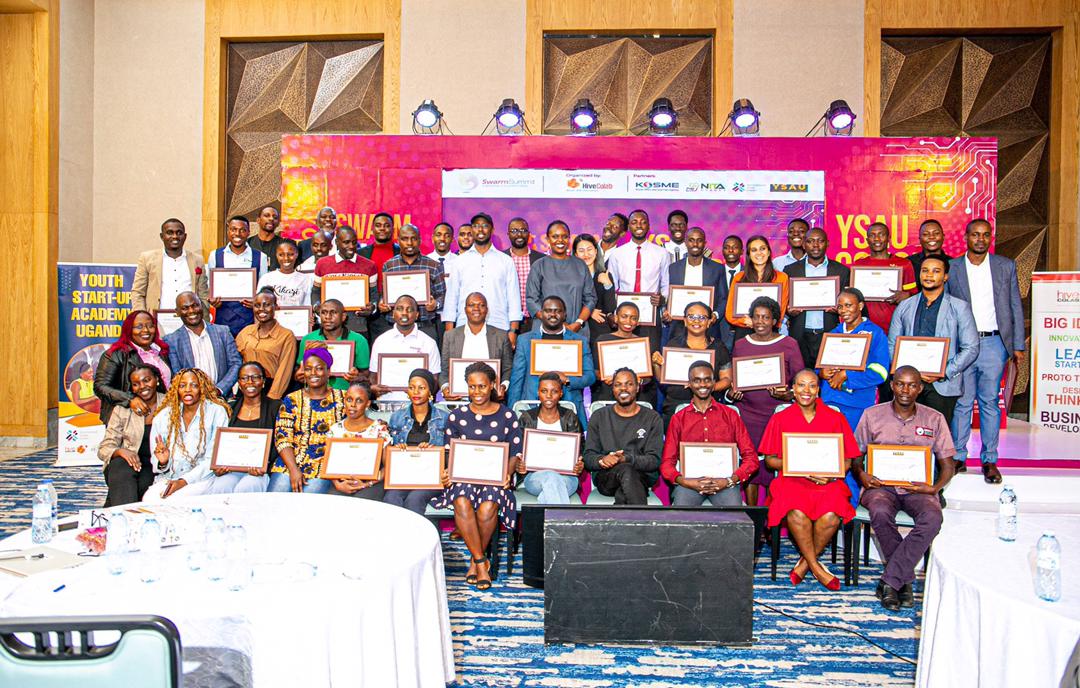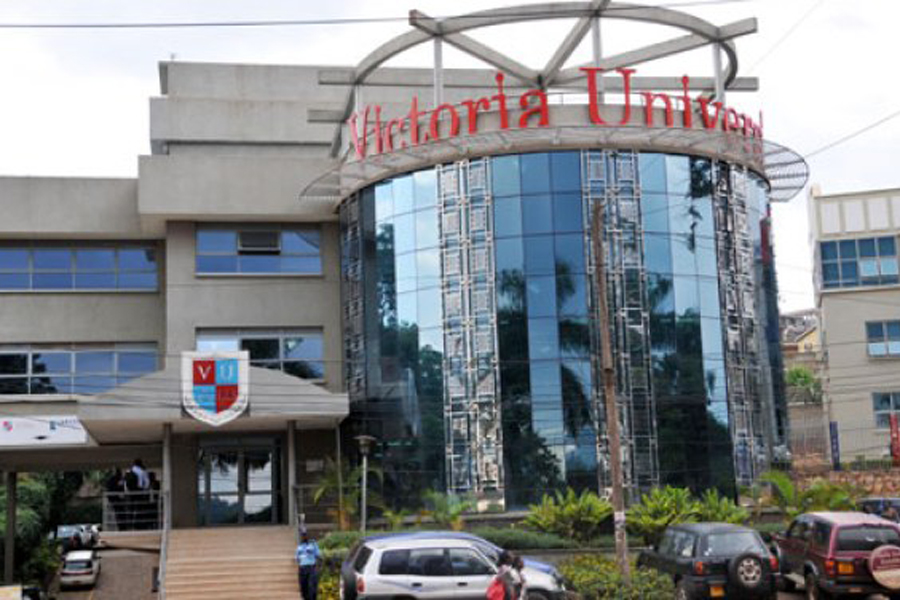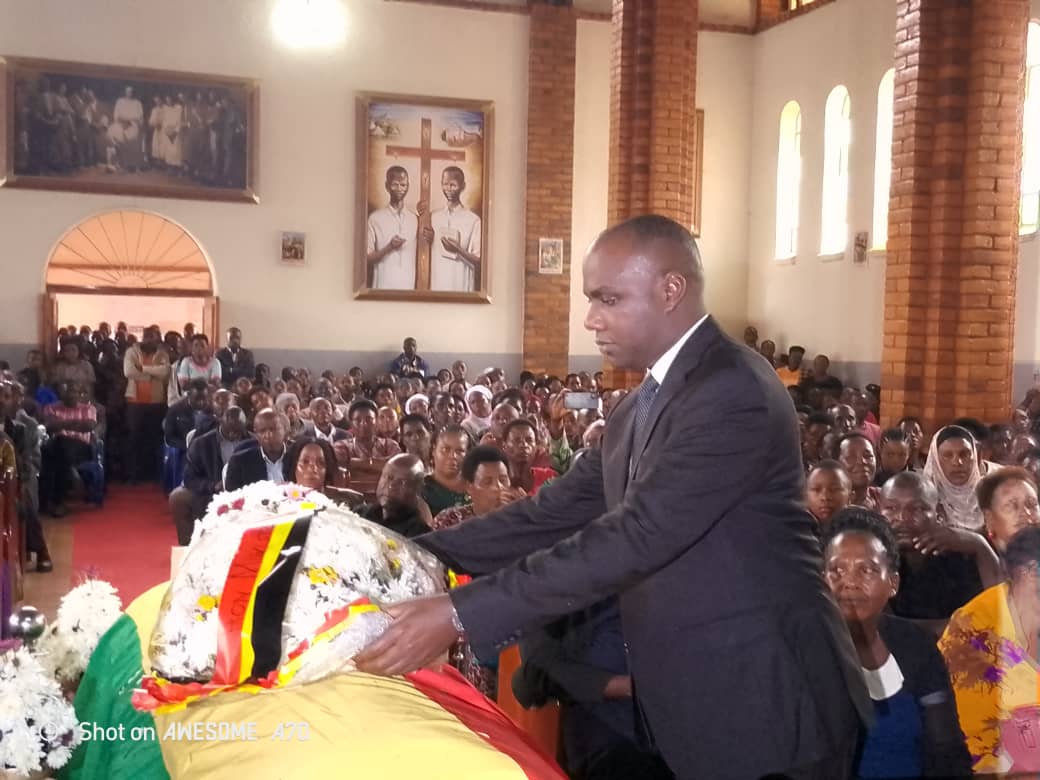Uganda's 1995 Constitution: Reflections on applicability in current state
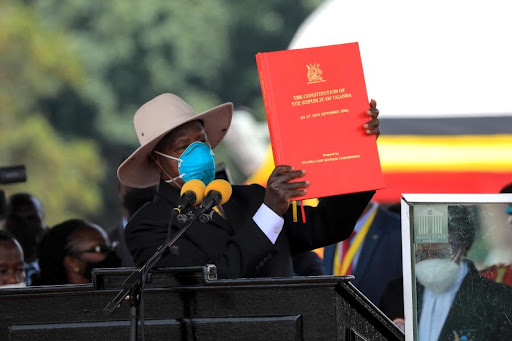
As Uganda commemorates the 29th anniversary of its 1995 Constitution, the nation reflects on the enduring legacy of this seminal document and its applicability in the current political, social, and economic landscape.
Enacted after years of political turmoil and constitutional crises, the 1995 Constitution was heralded as a landmark achievement in Uganda's democratic evolution, laying the foundation for fundamental rights, separation of powers, and the rule of law.
Yet, amidst evolving challenges and dynamics, questions arise about the constitution's relevance, effectiveness, and capacity to address the needs and aspirations of Ugandan citizens in the 21st century.
The 1995 Constitution represented a watershed moment in Uganda's history, marking a transition from decades of authoritarian rule to a framework of democratic governance.
Crafted through a participatory and consultative process, the constitution enshrines principles of democracy, human rights, and accountability, providing a framework for the protection of fundamental freedoms and the promotion of inclusive development.
Key provisions, such as the establishment of a multi-party political system, an independent judiciary, and a Bill of Rights, signaled a departure from past autocratic regimes and ushered in a new era of constitutionalism and governance.
Over the past three decades, the 1995 Constitution has played a pivotal role in shaping Uganda's political landscape, guiding the conduct of elections, delineating powers between branches of government, and safeguarding the rights and liberties of citizens.
Despite challenges and shortcomings, including concerns about the concentration of executive power and limitations on political freedoms, the constitution has served as a bulwark against authoritarianism and provided a legal framework for citizens to seek redress and hold government officials accountable for their actions.
However, the applicability of the 1995 Constitution in the current state of Uganda is subject to debate and scrutiny, as the nation grapples with persistent challenges related to governance, corruption, and human rights.
Critics argue that the promise of constitutionalism and democratic governance remains elusive for many Ugandans, citing ongoing restrictions on freedom of expression, repression of political opposition, and lack of meaningful accountability for human rights violations.
Moreover, concerns about constitutional amendments, term limits, and the concentration of power in the presidency raise questions about the constitution's resilience and capacity to withstand political pressures and manipulation.
In light of these challenges, calls for constitutional reform and renewal have grown louder in Uganda, with advocates pushing for amendments to address systemic weaknesses and enhance the constitution's effectiveness in protecting democratic values and human rights.
Proposals for reforms include strengthening checks and balances, enhancing judicial independence, and decentralizing political power to promote inclusivity and participation at the local level.
Moreover, efforts to engage citizens in constitutional dialogue and public consultation have emerged as essential components of the reform process, ensuring that the constitution reflects the aspirations and needs of all Ugandans.
As Uganda navigates the complexities of constitutional governance, the 1995 Constitution remains a cornerstone of the nation's democratic aspirations and a testament to the resilience of its people in the face of adversity.
While challenges persist, the constitution serves as a beacon of hope for a future where democratic principles, human rights, and the rule of law prevail.
As the nation looks ahead, the lessons of the past and the aspirations of the present converge in a shared commitment to upholding the values enshrined in Uganda's constitution and charting a course towards a more just, inclusive, and democratic society.


